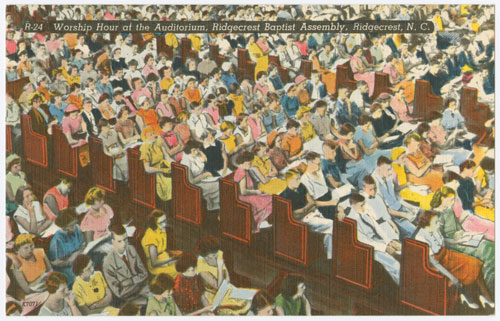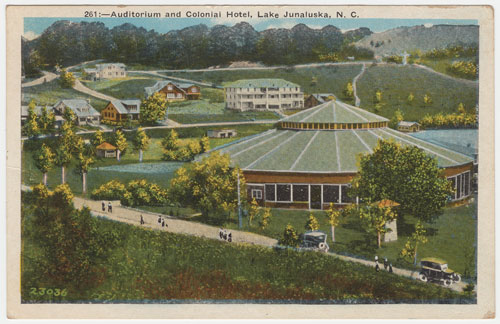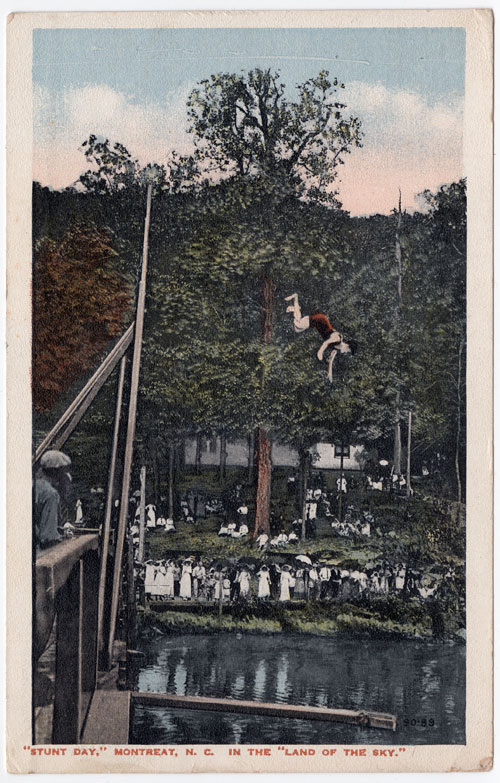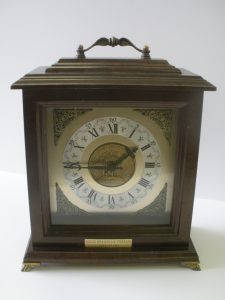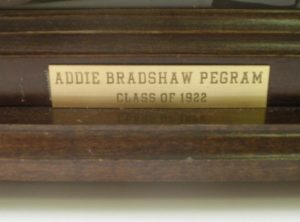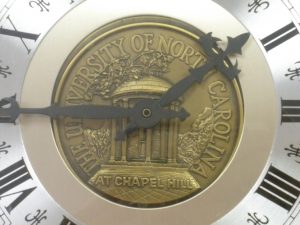“Some [Confederate] states passed ‘stay laws’ to prevent confiscation of soldiers’ property in their absence or postpone it until after the war. But creditors would have none of it…. Jonathan Worth — a North Carolina slaveholder, cotton planter, mill owner and speculator [and future governor, 1865-68] — complained that the stay law ‘disorganized Civilized society.’ A fellow member of the North Carolina elite, B. F. Moore, called it ‘radical, unwise, demoralizing, disgraceful.’
“Many such men simply used their influence with local magistrates to ignore the stay law and continue taking land. In North Carolina, they succeeded in having the stay law repealed after only four months. The result was that tens of thousands of Confederate soldiers returned home to find their families destitute and their land gone.”
— From “Bitterly Divided: The South’s Inner Civil War” by David Williams (2008)

